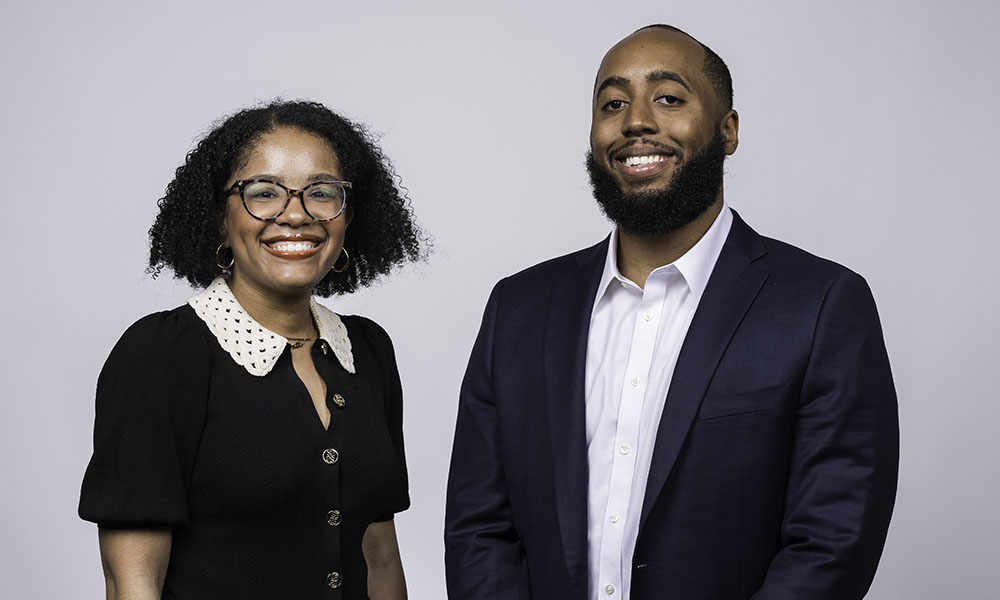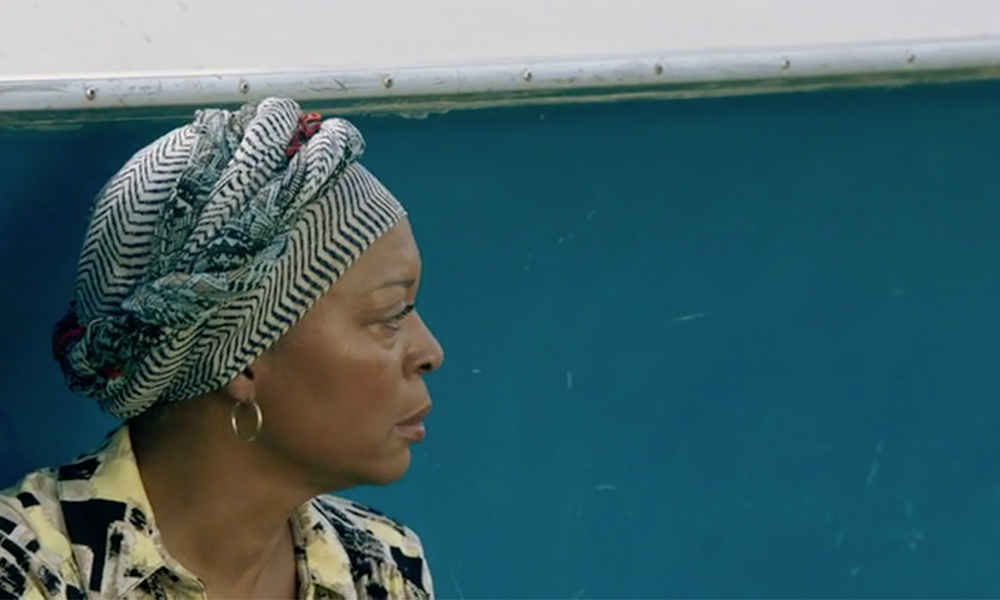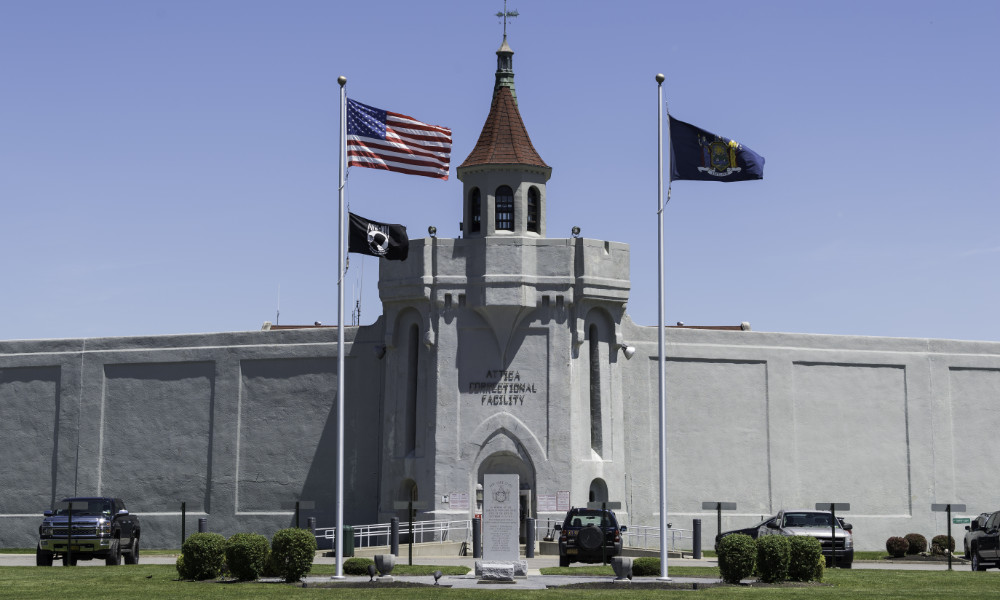The $3M in funding will help advance innovative and strategic faculty hiring in the Department of Black Studies.
The Mellon Foundation has awarded $3 million to the University of Rochester to support the cluster hiring of three new tenure-track faculty members in the Department of Black Studies. The grant, from the Mellon Foundation’s Higher Learning program, will be used to recruit leading faculty who work in the subfields of Black geographies, Black sexuality and/or trans studies, and an additional open-field search.
The funding comes a little over a year after Provost David Figlio announced the creation of the Department of Black Studies at Rochester, one of the few national centers for multidisciplinary research and engagement with Black life and culture in the US and beyond.
“I feel very strongly that a university must strive to be great and must strive to be good,” says Figlio. “The Mellon grant ensures that the Department of Black Studies will be an extraordinary example of that philosophy, especially as we grow the department in alignment with the core beliefs that inform the University’s new Boundless Possibility strategic plan.”
The cluster-hiring approach—which typically involves recruiting multiple faculty members based on shared interdisciplinary research goals—can attract talented candidates who are able to make connections and forge collaborations within and across disciplines.
“We’re building a department that houses scholars who don’t conventionally fit within traditional disciplinary modes,” says Jeffrey McCune Jr., the Frederick Douglass Professor and principal investigator for the grant, who has championed Black studies at Rochester since joining the University in 2021. “Our scholars are working at the edges of the humanities and social sciences—often using literature and performance—to understand the phenomena within their fields.”
In its inaugural academic year, the department hired two full-time faculty members. One is Jordan Ealey, a scholar-artist who studies and explores Black feminist performance, aesthetics, and politics. The other is Philip V. McHarris, whose research focuses on racial inequality, housing, and policing.
The Mellon grant is expected to help the department achieve its goal of having ten or 12 faculty members by the 2025–26 academic year, only three years after its founding.
Prior to the 2023–24 academic year, Black studies faculty at Rochester held appointments with the University’s Frederick Douglass Institute for African and African American Studies. With a dedicated Black studies department established, the institute is now able to focus exclusively on its programmatic function, which involves engaging communities on and off campus through symposia, conferences, and speaker series.
“We at the University of Rochester are committed to fostering more just and equitable societies both in our local community and worldwide,” says Nicole Sampson, the Robert L. and Mary L. Sproull Dean of the School of Arts & Sciences. “I am so proud that the School of Arts & Sciences can lead on this critical priority with the expansion of a department that will inspire conversation, research, and ultimately action. This new investment will allow us to build a consequential department, making Rochester a leader in working to understand the global African diaspora.”
McCune believes that the cluster-hiring approach will yield academic benefits that extend beyond the Department of Black Studies. He envisions a robust interdisciplinary department that collaborates with scholars across the institution who want to explore the role of Blackness in their particular fields, including economics, psychology, anthropology, art and art history, and political science. In addition to engaging the University community, McCune believes the new faculty will prove pivotal in connecting with the off-campus community, too. “It’s about the department being a resource for advancing the lives and conditions of Black people,” he says.
The latest Mellon funding for Black studies at Rochester furthers the fruitful connections between the Foundation and the University. “We deeply appreciate Mellon’s generous new investment in our Black studies department,” says Figlio. “The Foundation has been an invaluable partner in Rochester’s humanities and social justice programs in recent years, providing critical support for Rochester programs and partnerships like our Mellon Graduate Digital Humanities Fellowship, the Gateways Music Festival (in association with the Eastman School of Music), the Humanities for Life program, and our Rochester Education Justice Initiative.”





